4 Vegetable Oil Replacements for Fluffy Waffles
Substitute for vegetable oil in waffles can transform your breakfast experience with richer flavors and different nutritional profiles.
Running out of vegetable oil during recipe preparations is a common kitchen dilemma.
Several alternatives work beautifully without compromising texture or taste.
These substitutions might even enhance the final product, adding subtle flavor notes that plain vegetable oil lacks.
With just a simple swap, traditional waffle recipes become customizable to dietary preferences, pantry limitations, or creative culinary experiments.
Most alternatives require the same measurement as the original oil, making conversion hassle-free for busy mornings.
After reading about these options, you'll feel confident adjusting recipes whenever vegetable oil isn't available or desired.
The Role of Vegetable Oil in Waffle Recipes
Vegetable oil is an important ingredient in waffle recipes, playing a key role in giving waffles the right taste, texture, and appearance, making your breakfast treats both tasty and appealing:
Cooking Made Easy with Vegetable Oil
Vegetable oil missing from your lineup can be fixed in seconds. A good substitute keeps frying, sautéing, or baking right on course from start to finish.
Vegetable Oil Substitute In Waffles
Substituting ingredients like vegetable oil opens up new possibilities for your cooking adventures.
Many people prefer using alternatives such as butter, which adds a rich, delicious flavor to waffles and other baked goods.
Coconut oil serves as another excellent replacement with its subtle tropical taste that works wonderfully in both sweet and savory dishes.
Applesauce can reduce calories while maintaining moisture in your recipes, making it perfect for health-conscious bakers.
Olive oil brings a distinctive Mediterranean flair to certain dishes, though its strong flavor means it works better in savory applications than sweet ones.
Greek yogurt provides protein and tanginess while keeping your baked goods moist and tender without the added fat.
Applesauce
Applesauce stands out as a fantastic substitute for vegetable oil in waffles, creating a moister interior while adding natural sweetness to your breakfast favorite.
This healthier alternative can be easily found at stores or made at home with simple ingredients, saving you extra calories without sacrificing taste.
Many bakers recommend starting with a 3/4 cup of applesauce for each cup of oil called for in recipes, though a 1:1 ratio works well if you enjoy the subtle apple flavor.
The natural moisture from applesauce helps produce exceptionally fluffy, light waffles that rise beautifully during cooking.
Yogurt
Yogurt stands out as an excellent substitute for vegetable oil in waffle batter, creating a thick, creamy texture with delicious results.
Greek or low-fat varieties work best for health-conscious cooks, though Greek yogurt does bring a more intense flavor profile.
The tangy notes from yogurt often enhance the overall taste of waffles, giving them a unique and appealing flavor dimension.
Swapping oil for yogurt is straightforward with a simple 1:1 ratio, making it an easy change anyone can try.
This dairy alternative not only improves the consistency of your waffles but also adds beneficial protein and probiotics to your breakfast treat.
Mashed Bananas
Ripe mashed bananas make excellent substitutes for vegetable oil in waffles, creating a sweet flavor while keeping them light and fluffy.
This healthier swap brings good nutrients to your breakfast without compromising on taste or texture.
For an even better experience, try adding cinnamon or nutmeg to enhance the aroma and create a more robust flavor profile.
Walnuts can also be mixed into the batter if you enjoy a bit of crunch in each bite.
Just remember to use a simple 1:1 ratio when replacing the oil with bananas in your recipe.
Mistakes to Avoid When Swapping Vegetable Oils
Swapping vegetable oil in recipes can work well, but there are a few common mistakes that can affect flavor, texture, or cooking results if you're not careful. A little know-how can help you choose the best alternative and avoid kitchen surprises:
Choosing the Wrong Flavor Profile
Oils like olive, sesame, or coconut have strong flavors that may overpower delicate dishes; use neutral oils like canola, avocado, or grapeseed for a clean taste.
Ignoring Smoke Points
Each oil has a smoke point; low-smoke-point oils like flaxseed can burn and taste bitter when used for high-heat cooking. Use high smoke point oils like sunflower or peanut.
Not Adjusting for Consistency
Coconut oil is solid at room temperature; melt and cool slightly before substituting to blend properly and avoid batter texture issues.
Using Unrefined Oils Incorrectly
Unrefined oils are best for dressings or finishing dishes but often aren’t suitable for high-heat cooking, check the label for suitability.
Forgetting to Measure Properly
Oils vary in fat content and behavior; a one-to-one swap isn’t always accurate, adjust measurements slightly for texture when substituting butter or shortening.
Skipping Storage Tips
Nut-based or unrefined oils go rancid faster; store in a cool, dark place or refrigerate to keep flavors fresh longer.
Not Testing in Small Batches
When trying a new oil, test it in a small recipe portion first to assess flavor and texture impact before making a full batch.
Waffle Oil Alternatives: Your Baking Questions Solved
1. Can I substitute melted butter for oil directly in waffle recipes?
Yes, use the same amount of melted butter as oil for richer flavor and crispier texture in waffles.
2. Are there healthier alternatives to oil in waffles?
Yes, applesauce, Greek yogurt, or mashed bananas cut down on fat and calories, making waffles healthier but softer in texture.
3. Will using a substitute affect cooking time or waffle browning?
Waffles might brown slightly faster or slower depending on your substitute; watch closely until you adjust to your alternative ingredient.
4. Can I use nut butters as an oil substitute in waffles?
Nut butters like almond or peanut butter add richness and flavor, but the batter will be thicker, thin it slightly with milk if needed.
5. Are oil substitutes suitable for gluten-free waffles?
Yes, all listed substitutes work perfectly in gluten-free waffle recipes, maintaining moisture and flavor.
6. How should I store waffles made with oil substitutes?
Cool waffles completely, then refrigerate in an airtight container for up to three days, or freeze for longer storage.

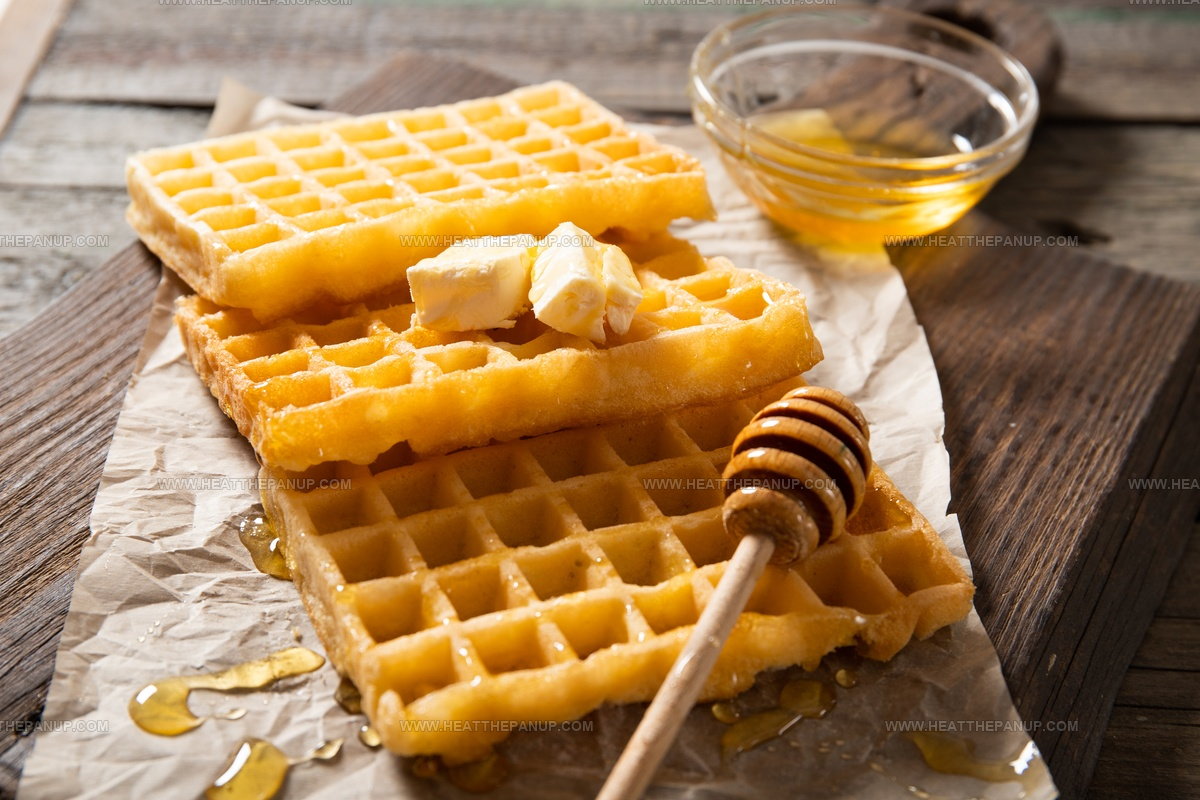
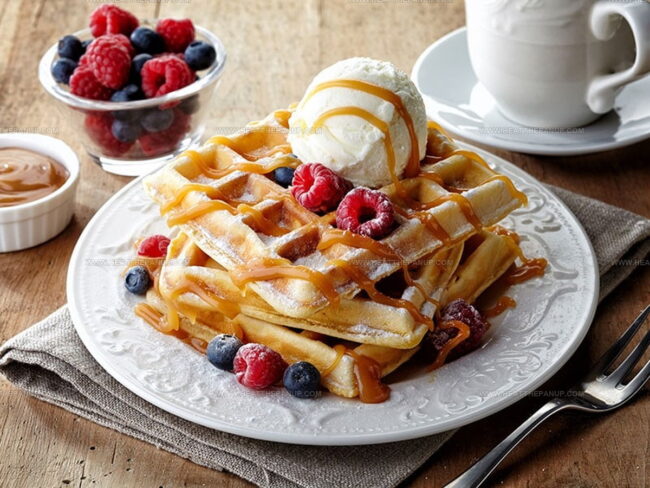
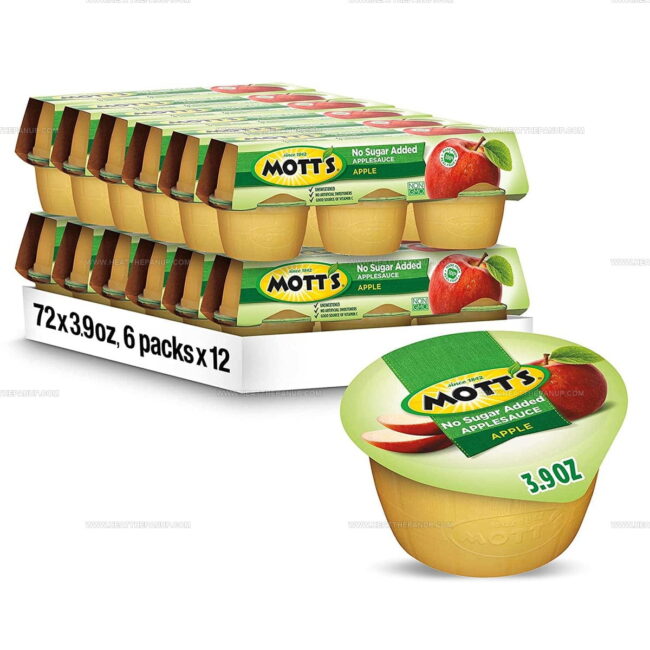
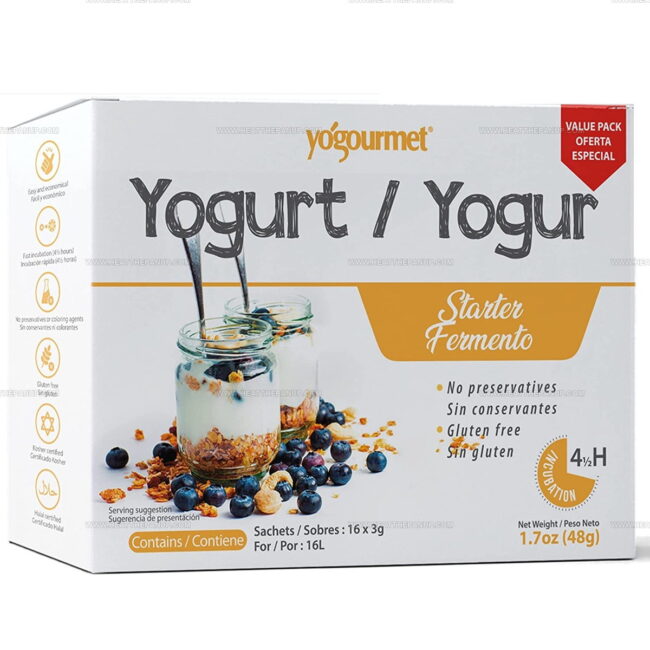
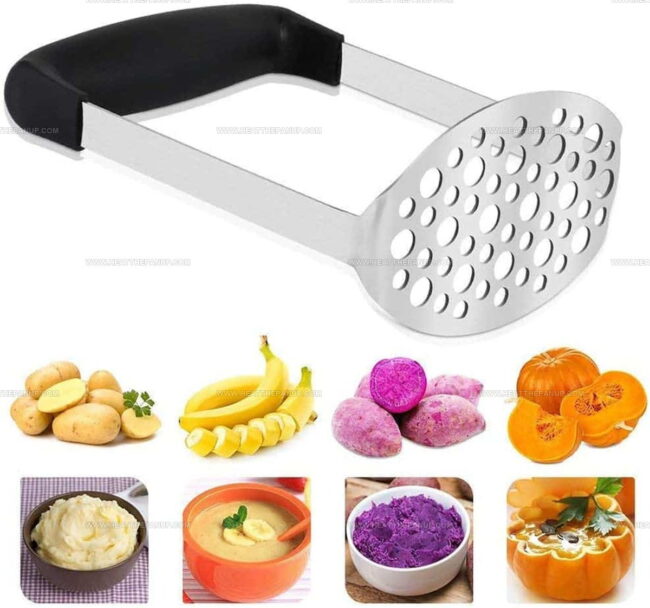

Angelina Wiles
Content Editor & Culinary Enthusiast
Expertise
Food Writing and Editing, Vegetarian and Vegan Cuisine, Baking and Pastry Arts, Sustainable Cooking Practices
Education
Portland Community College
Certificate in Culinary Arts
Focus: Emphasis on sustainable cooking practices, vegetarian cuisine, and food writing.
Oregon Culinary Institute
Diploma in Baking and Pastry Arts
Focus: Specialized training in artisanal baking, pastry techniques, and dessert presentation.
Angelina’s love for cooking started with handwritten family recipes and weekend trips to farmers’ markets around Portland. She followed her passion with a Certificate in Culinary Arts from Portland Community College, then perfected her sweet side with a Diploma in Baking and Pastry Arts at Oregon Culinary Institute.
Angelina believes recipes should feel like a conversation, not a science project. She’s all about helping readers trust themselves in the kitchen with simple steps, fresh ideas, and easy twists on classic meals.
When she’s not editing recipes, she’s baking bread, sipping coffee, or getting inspired by the changing seasons.